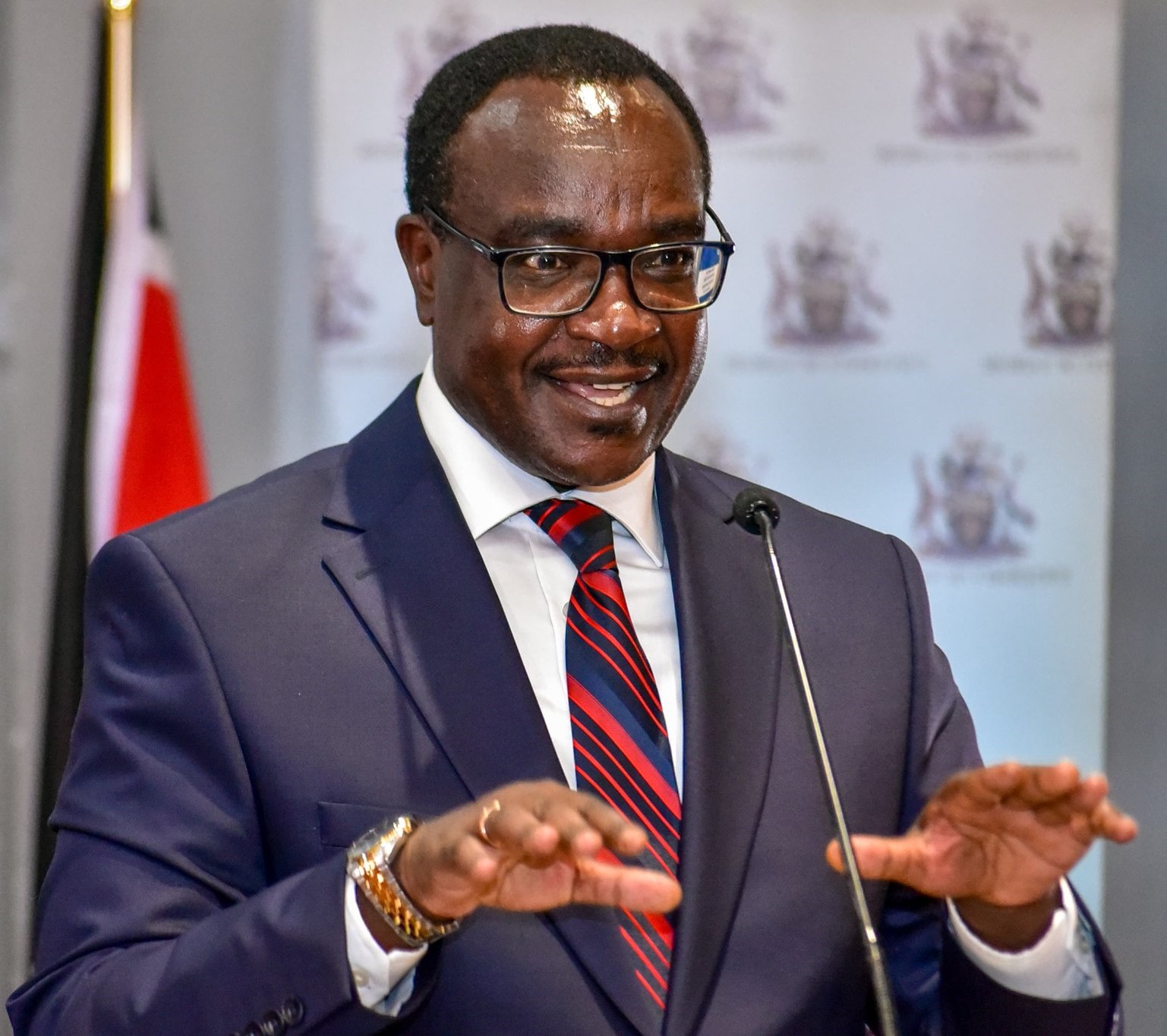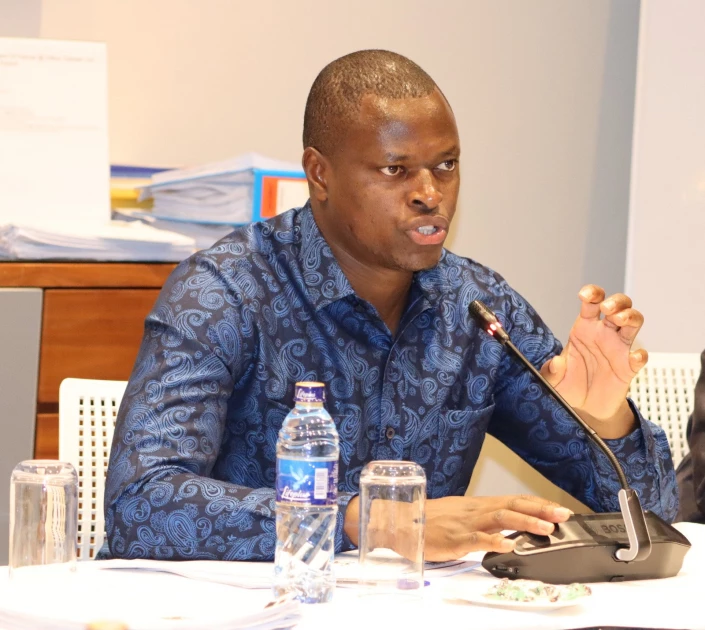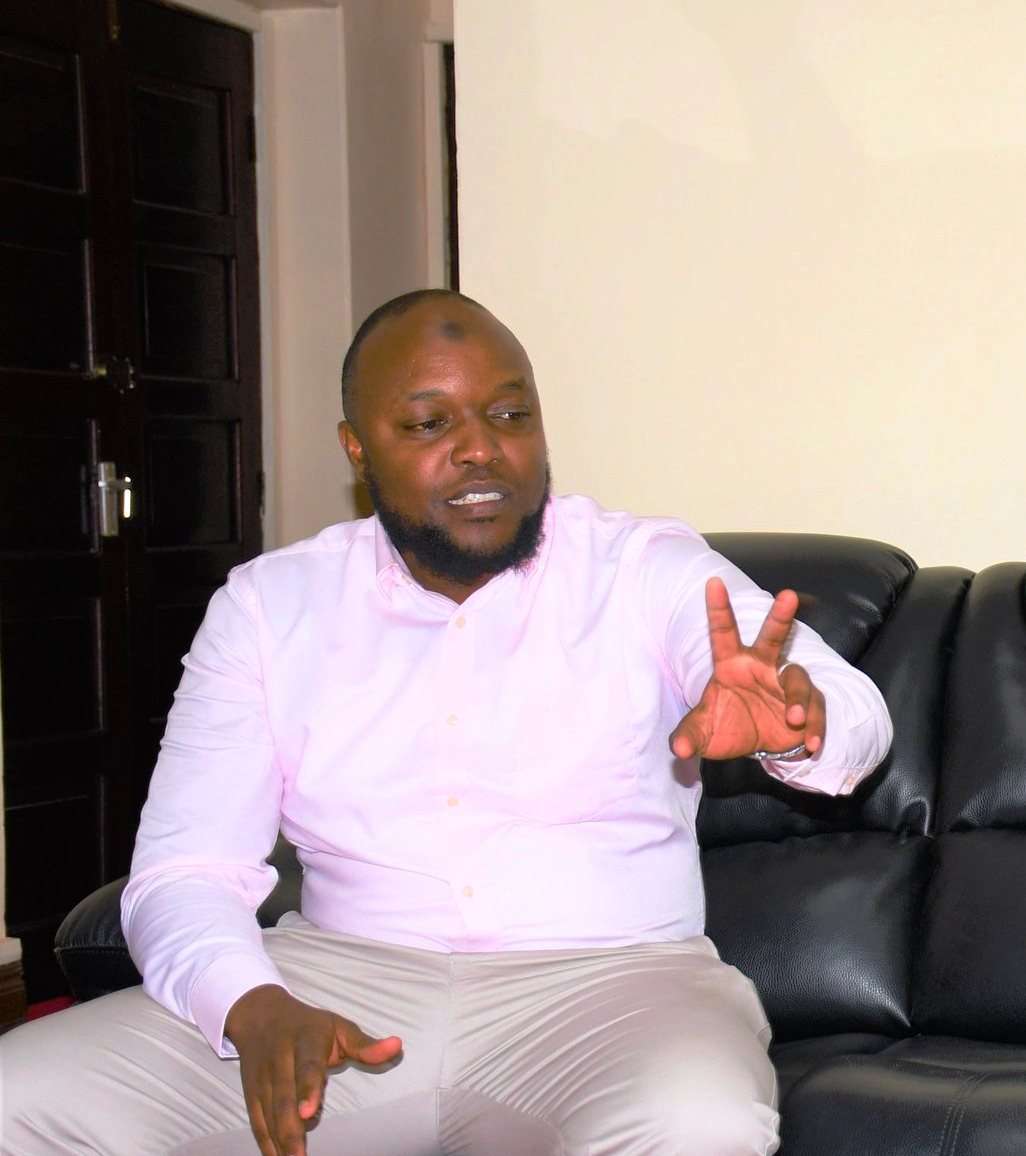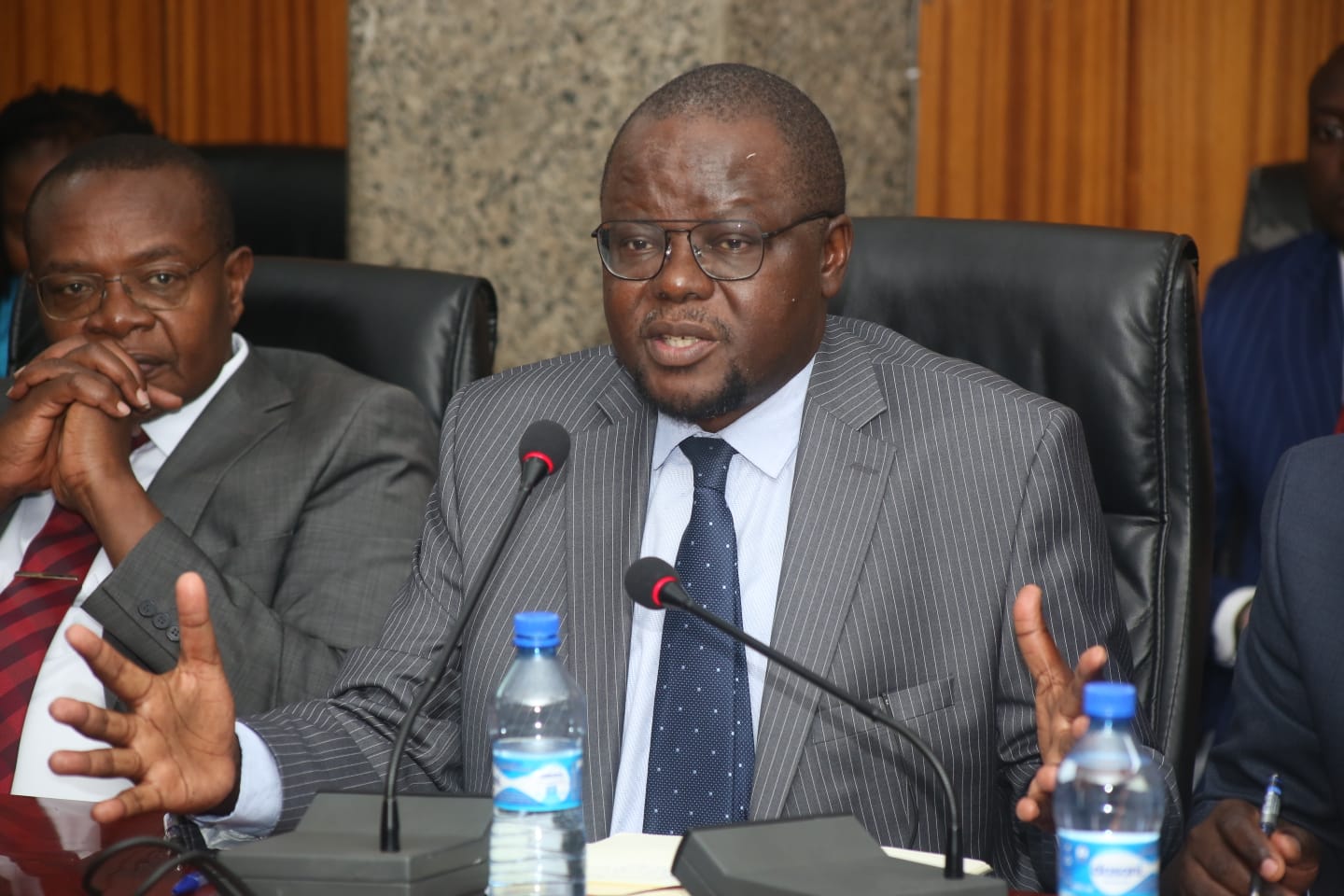TSC Chief Executive Nancy Macharia painted a grim picture when she appeared before Parliament’s Constitutional Implementation Oversight Committee. She said years of underfunding had hobbled the commission’s ability to recruit sufficient staff. “We have never reached the optimal number of teachers since the inception of the commission,” Macharia told MPs. “The shortage is not just about numbers—it’s also about capacity. We lack qualified teachers for the new learning areas introduced under the CBC.”
A storm is brewing in Kenya’s education sector, with a staggering teacher shortage threatening the very foundation of basic learning. The Teachers Service Commission (TSC) has laid bare the crisis: the country is short of 98,261 teachers, including those needed for the fledgling Junior Secondary Schools. If the current trend holds, the situation could worsen dramatically by 2026, when senior schools are rolled out under the new Competency-Based Curriculum (CBC).
TSC Chief Executive Nancy Macharia painted a grim picture when she appeared before Parliament’s Constitutional Implementation Oversight Committee. She said years of underfunding have hobbled the commission’s ability to recruit sufficient staff. “We have never reached the optimal number of teachers since the inception of the commission,” Macharia told MPs. “The shortage is not just about numbers; it’s also about capacity. We lack qualified teachers for the new learning areas introduced under CBC.”
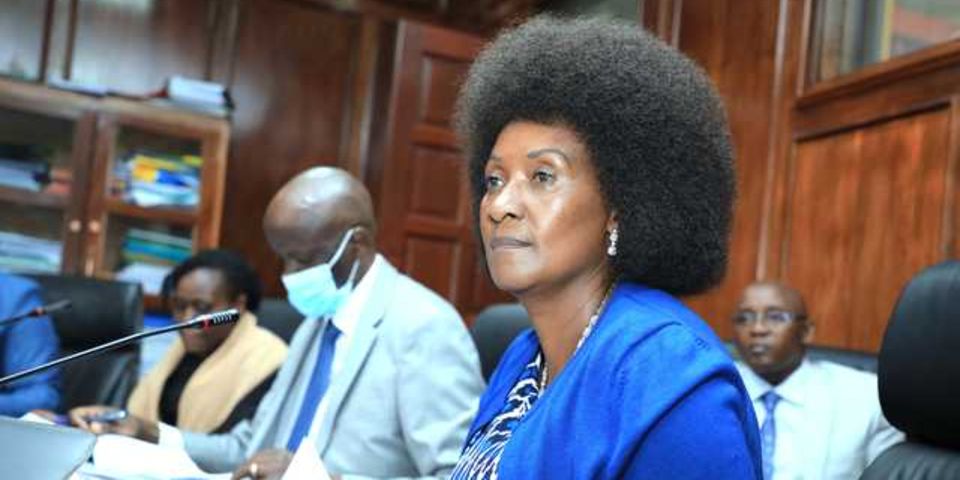
Subjects like leather craft, sculpture, jewellery making, marine and fisheries technology, and indigenous languages are now embedded in the curriculum, yet qualified instructors remain in short supply. But the problem isn’t just bureaucratic, it’s also political. Members of Parliament voiced outrage at reports that some legislators and Cabinet Secretaries have taken it upon themselves to distribute teacher appointment letters. This responsibility belongs solely to the TSC. “This is an unacceptable encroachment,” said Runyenjes MP and Committee Chair Karemba Muchangi. “If recruitment is handed over to politicians, we set a dangerous precedent.”
Macharia, however, dismissed the reports as media misrepresentation. “I read these claims in the newspapers, but our recruitment process is clearly outlined on the TSC website. Such narratives only tarnish the commission’s name,” she lamented.
MPs from across the political divide raised additional red flags. Kajiado West MP George Sunkuiya questioned why some long-graduated teacher trainees remain unemployed while freshly minted graduates are being hired. Titay MP William Kamket went further, decrying the lopsided recruitment process that awarded his entire constituency just five positions—out of a national recruitment of 25,000.
The crisis is compounded by the uncoordinated establishment of new schools—often too close to one another, bearing similar names, and launched without corresponding funding to staff them. Macharia appealed for enhanced coordination among key stakeholders—politicians, investors, and school sponsors—to avoid haphazard expansion and ensure sustainable development in the sector.
And as if staffing issues weren’t enough, teachers are now feeling the pinch in other areas. A budget shortfall has also affected medical coverage for educators. While the commission requires Sh 54 billion to fully fund the scheme, it has received only Sh 20 billion, leaving many teachers vulnerable when seeking care in schools.
To make matters worse, teacher promotions have stalled. As of December 2024, more than 200,000 educators had served in one grade for over three years, qualifying for advancement. Yet, due to financial constraints, they remain stuck in limbo.
As the TSC grapples with limited funds, unrealistic expectations, and creeping political interference, one thing is clear: Kenya’s education system is at a crossroads. Without urgent reforms and responsible leadership, the right to quality basic education, enshrined in the Constitution, risks becoming a distant dream for millions of learners across the nation.
Earlier this month, Kenya’s Cabinet Secretary for Finance, John Mbadi, admitted in a televised interview that some of the country’s wealthiest individuals routinely evade taxes. He noted that this results in losses amounting to hundreds of billions, if not trillions, of shillings annually, a burden ultimately transferred to ordinary taxpayers.


